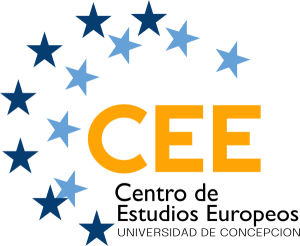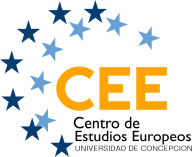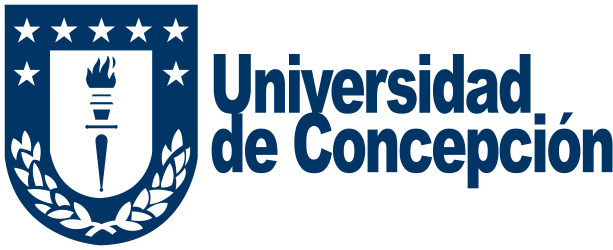Impact, Risks and Opportunities of Populism in Europe and Latin America
Impact, Risks and Opportunities of Populism in Europe and Latin America
OBJECTIVES
I. Cross-fertilization
Consolidate the creation of an inter-regional research team made up of academics from Europe (Germany, Spain, Italy and United Kingdom) and Latin America (Chile, México and Brasil)
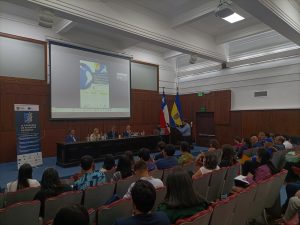
Boost the existing knowledge and enhance the dynamics between academics in Europe and Latin America, and especially between the Jean Monnet Chair of the Chilean professors Dra. Paulina Astroza (Universidad de Concepción) y Dr. Jaime Baeza (Universidad de Chile) con el trabajo de los profesores europeos Dra. Susanne Gratius (Barcelona), Dr. Ignacio Molina (Madrid) y Dr. José Antonio Sanahuja (Madrid).
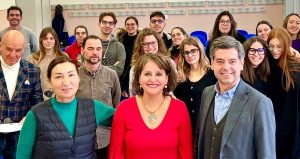
Deepen comparative research methods in cross-regional studies on populism (by combining quantitative and qualitative analysis, case studies and thematic approaches), particularly on the political and social causes, consequences and outcomes of Populist Governments and oppositional political parties in Latin America and EU member states.
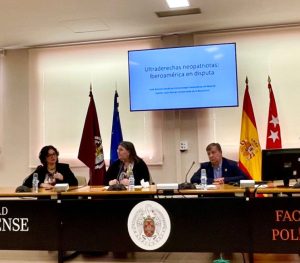
Develop an innovative research frame that allows to compare populism not by presenting individual cases (Mudde, Rovira Kaltwasser, 2012; Rivero et al. 2017, etc.), but by a thematical quantitative cross-regional focus that allows to obtain scientific results beyond country studies, in order to advance the broad research agenda on populism.
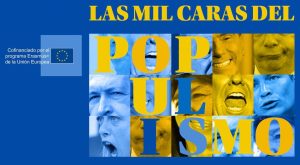
Contrast risks and opportunities of populism from the left and right as a discourse, an ideology, a movement or a regime on liberal democracy and integration at the national and sub-national levels in Latin America and Europe and their inter-regional agenda.
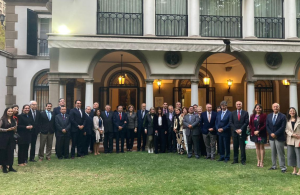
Which brings us to the following questions:
1. ¿En Qué Condiciones, Es Realmente Un Correctivo Como Creen Algunos Autores (Mudde, Rovira Kaltwasser) O Más Bien El Primer Paso Hacia El Fin De La Democracia (Levitsky, Ziblatt, 2018)?
2. ¿Cómo Interactúa El Populismo Con Los Procesos De Integración De La EU Y Latinoamerica: Como Amenaza O Correctivo Del Regionalismo?
3. ¿Qué Efectos Tiene El Populismo En La Agenda UE-LAC Sobre Democracia E Integración?
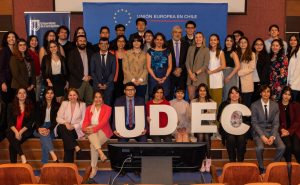
II. Difusión Del Conocimiento Con Actores No Académicos
Compartir y difundir los resultados de investigación de este proyecto (información y conocimiento) a una amplia audiencia académica y no académica, incluidos, entre otros, estudiantes, ex alumnos, profesores, funcionarios públicos, el sector privado y la sociedad civil.
This will be done through:
Two workshops (in Chile and in Spain) in which the research team will participate to exchange, discuss and debate their research and delineate the conclusions that will be reflected in the seminars and final publication.
These activities will be developed at the Universidad de Concepción (Chile) and Universidad Autónoma de Madrid and Real Instituto Elcano de Madrid (Spain) under the responsibility of Dr. Paulina Astroza and Dr. Ignacio Molina.
Previous
Next
Tres congresos internacionales a realizarse en Chile y en España en los que se expondrán al público en general las ideas y conclusiones de la investigación del equipo. Los seminarios estarán diseñados para discutir y analizar en colaboración con los asistentes, el impacto, los riesgos y las oportunidades del populismo en Europa y América Latina. La investigación incorporará estos debates en sus conclusiones finales.
These activities will be developed at the Universidad de Concepción (Chile) and Universidad Autónoma de Madrid (Spain), Real Instituto Elcano de Madrid, Fundación Carolina and Universidad Complutense de Madrid, under the responsibility of Dr. Paulina Astroza, Dr. Ignacio Molina and Dr. José Antonio Sanahuja.
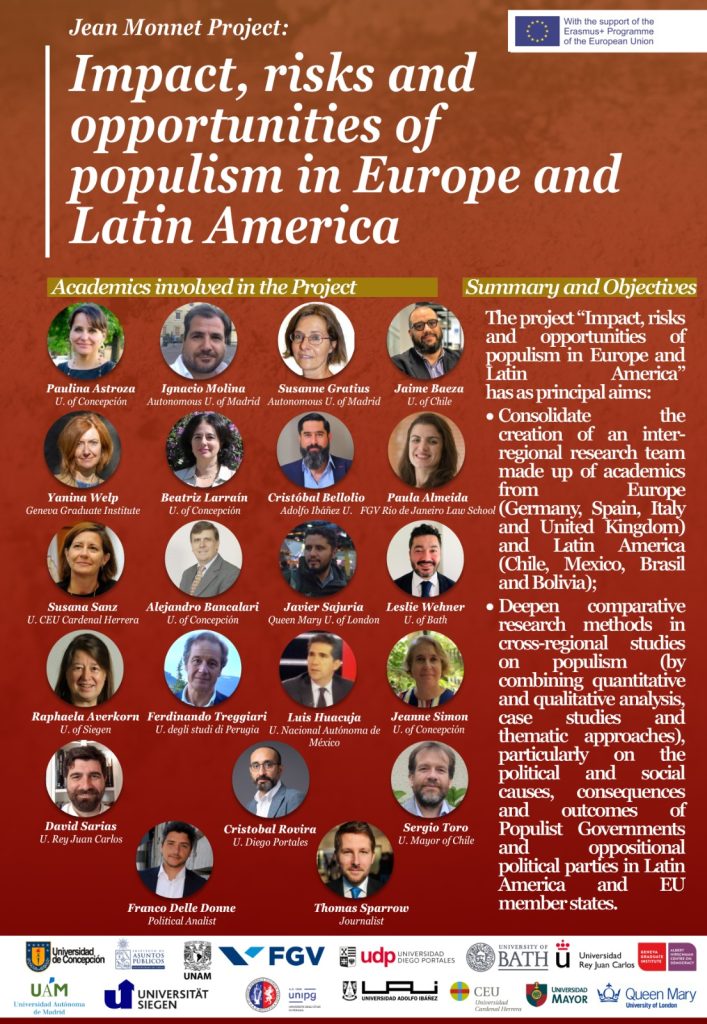
An international seminar to be held in Santiago (Chile) at the Chilean Ministry of Foreign Affairs in coordination with the Andrés Bello Diplomatic Academy and the Delegation of the European Union in Chile (institutions that could eventually be replaced by other equivalents in case of inconvenience at the time).
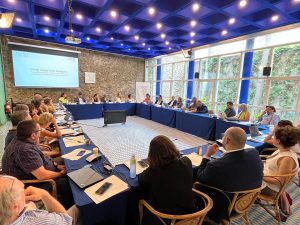
An international seminar to be held in Barcelona (Spain) at CIDOB under the responsibility of Dr. Susanne Gratius.
This activity will allow the project team to share the results of the research carried out on the project with colleagues, authorities and students of these prestigious Spanish institutions. In addition to publicising the project to the Spanish public attending the seminar.
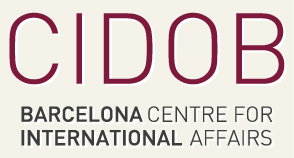
Periodic meetings between team members to organize the activities and to refine and coordinate their research projects.
Publicación final en formato libro en inglés/español de los principales resultados de la investigación y discusión en las actividades desarrolladas en las distintas instancias de ejecución del proyecto.
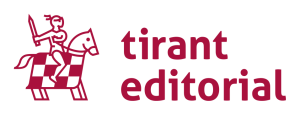
In the case of the activities to be carried out in Concepción, the research team will participate in diverse local media, all organised by the European Studies Program of the Universidad de Concepción. Specifically, the research team will participate in their area of expertise in:
Interviews and articles in Diario de Concepción (Regional Newspaper).
Weekly TV program recording on TVU (University Television) of regional mass media. The video will be uploaded to the YouTube network to have greater impact and visibility.
Interviews in Radio UdeC program recording (University Radio), regional mass media.
